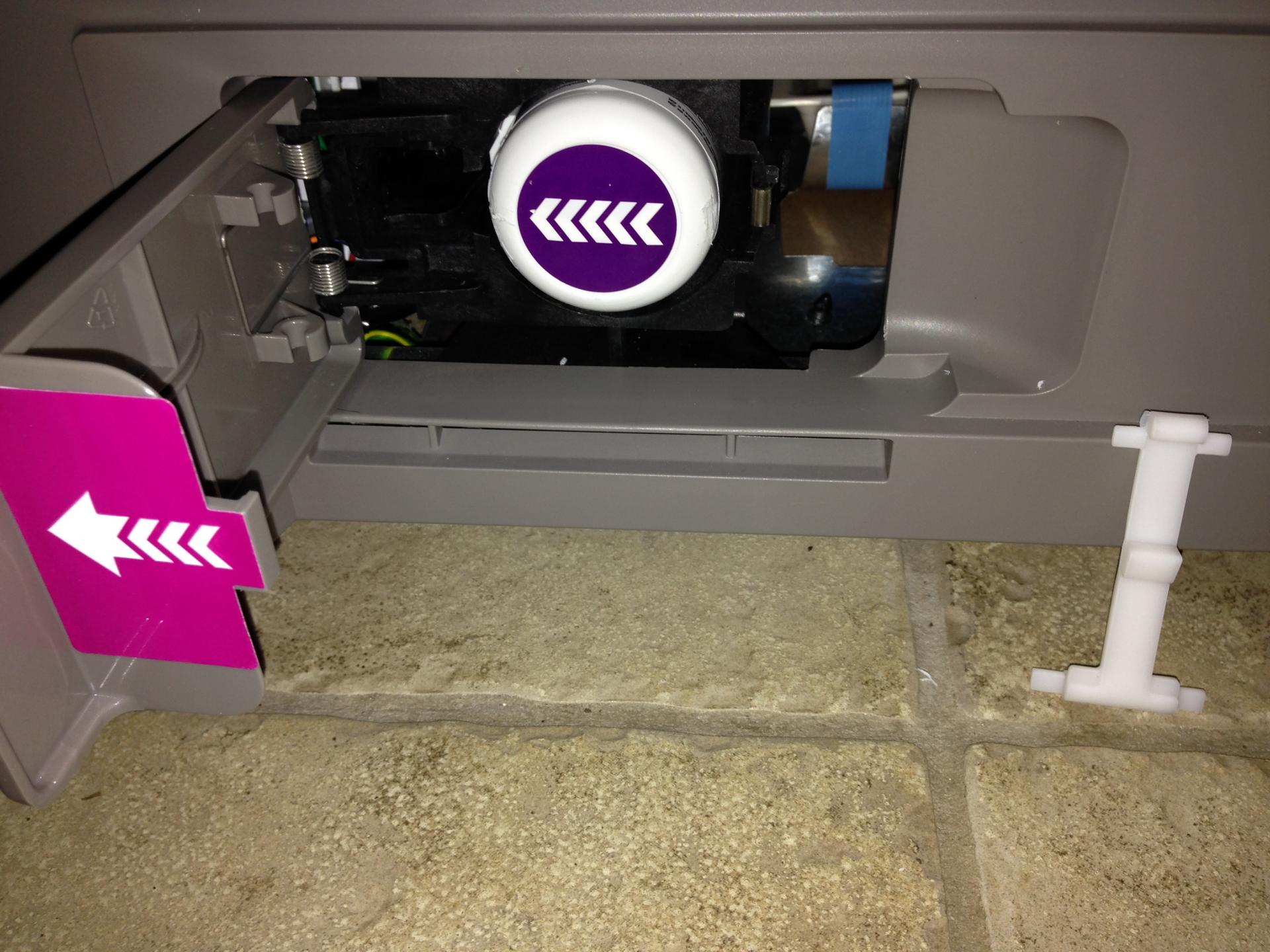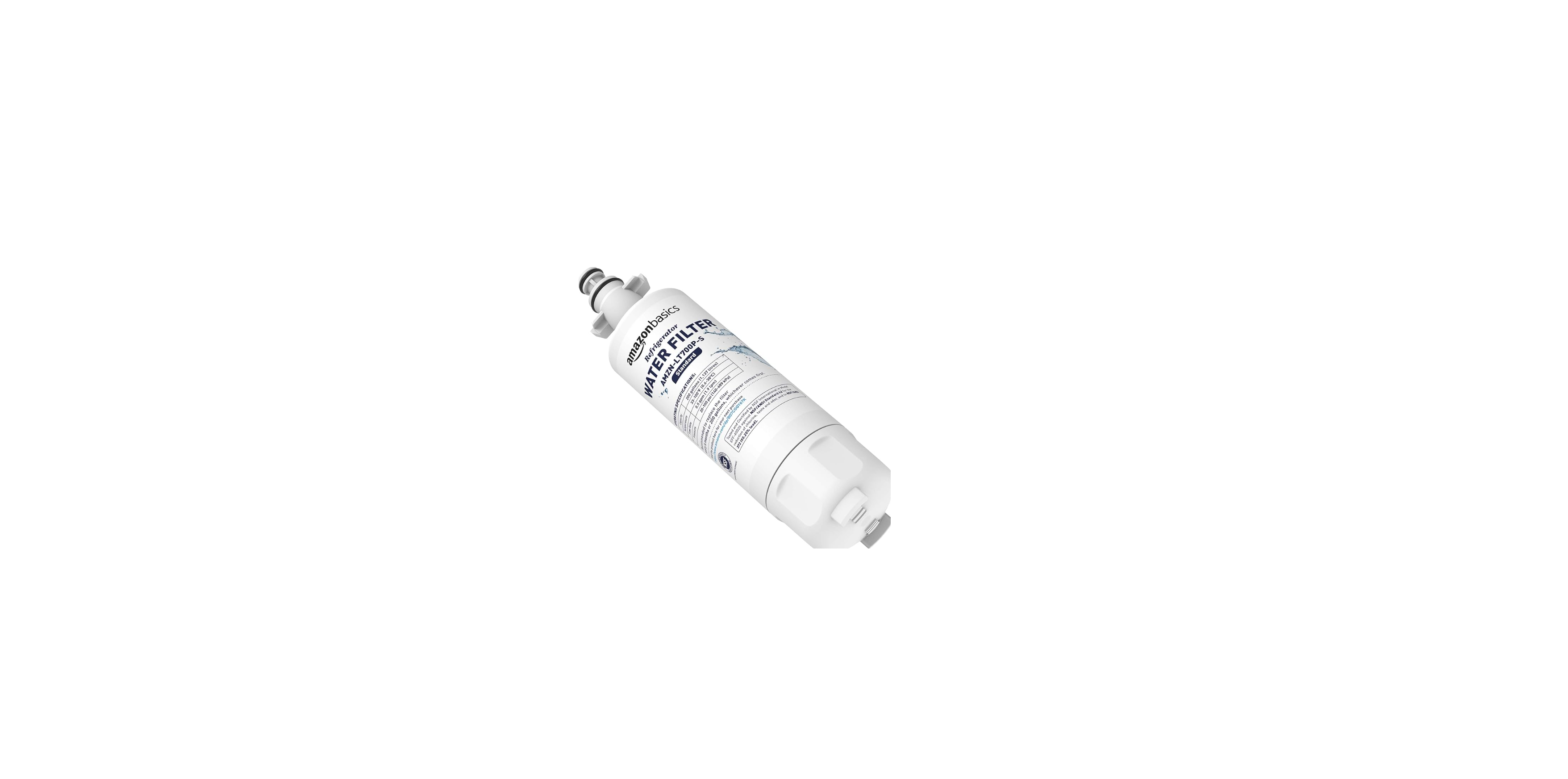Unlocking the Hidden Truths About Your Beko Refrigerator Water Filter
Have you ever wondered why your tap water tastes funny or why your ice cubes have a strange aftertaste? The culprit could be your refrigerator’s water filter. Understanding the importance and functionality of this essential component is crucial for maintaining the quality of your drinking water and extending the life of your refrigerator.
A faulty or neglected water filter can have undesirable consequences. The accumulated impurities may not only affect the taste and clarity of your water but also pose potential health risks. Replacing your filter regularly ensures that your family consumes clean, contaminant-free water.
Fortunately, Beko refrigerators are equipped with efficient water filters that effectively remove impurities and improve the taste of your water. Understanding how the filter works and how often it should be replaced will help you maintain your refrigerator’s performance and enjoy fresh, pure water.
In this comprehensive guide, we will delve into the hidden truths about the Beko refrigerator water filter, exploring its benefits, maintenance requirements, and the science behind its filtration process. We will also provide practical tips on how to replace your filter and troubleshoot common issues. By the end of this article, you will be empowered with the knowledge you need to ensure that your Beko refrigerator is delivering the purest, most refreshing water to you and your family.

Unlocking Hidden Truths: A Personal Journey
Like many homeowners, I had taken the convenience of my refrigerator’s water dispenser for granted until I started to notice a subtle change in the taste of the water. It was faintly metallic and left a lingering aftertaste. As a health-conscious individual, I felt concerned and decided to investigate the matter further.
My research led me to the realization that my refrigerator’s water filter had not been replaced in a long time. I was surprised to learn that refrigerator water filters have a limited lifespan and need to be replaced regularly. I immediately ordered a new filter and replaced it myself, eager to see if it would solve my water quality issue.
To my delight, the fresh filter made a significant difference. The water now tasted pure and refreshing, with no trace of the metallic taste that had bothered me. This experience taught me the importance of regular filter replacements and the profound impact it has on water quality.

Unlocking Hidden Truths: Unveiling the History and Myth
The development of refrigerator water filters is a testament to the relentless pursuit of clean and healthy drinking water. The first refrigerator water filter was introduced in the early 1990s, designed to reduce chlorine and other impurities from tap water. Since then, water filtration technology has advanced, and refrigerator filters have become increasingly efficient and sophisticated.
Some myths and misconceptions surround refrigerator water filters, such as the belief that they remove all contaminants. While water filters are highly effective in eliminating a wide range of impurities, they cannot remove dissolved solids like minerals and salts. However, these minerals are generally safe for consumption and contribute to the taste of water.

Unlocking Hidden Truths: Unmasking the Hidden Secret
At the heart of the Beko refrigerator water filter lies a specialized filtration media that effectively removes impurities and contaminants from tap water. This media consists of activated carbon, a highly porous material with a vast surface area that attracts and traps contaminants. As water passes through the filter, the activated carbon molecules absorb impurities, resulting in cleaner, better-tasting water.
In addition to activated carbon, some Beko refrigerator water filters also incorporate other filtration technologies, such as ion exchange resins. These resins remove heavy metals and other dissolved solids by exchanging electrically charged ions with the impurities, further enhancing the water’s purity.

Unlocking Hidden Truths: The Art of Recommendations
To maintain optimal water quality and ensure your Beko refrigerator’s peak performance, it is crucial to replace the water filter regularly. The recommended replacement frequency varies depending on the model of your refrigerator and the quality of your tap water. Generally, it is advisable to replace the filter every 6 to 12 months or as directed by the manufacturer.
Choosing the correct water filter for your Beko refrigerator is equally important. Beko offers a range of genuine water filters specifically designed to fit different models. Using a genuine filter ensures compatibility, optimal performance, and the best possible water quality.

Unlocking Hidden Truths: Understanding the Mechanics
Replacing the water filter in your Beko refrigerator is a straightforward process that can be completed in a matter of minutes. The exact steps may vary depending on your model, but generally, you will need to locate the filter housing, usually situated behind the refrigerator’s grille or inside the refrigerator compartment. Once you have located the housing, remove the old filter and insert the new one, ensuring it is firmly seated.
Unlocking Hidden Truths: The Power of Troubleshooting
If you encounter any issues with your Beko refrigerator’s water filter, such as reduced water flow or a persistent bad taste, there are a few troubleshooting steps you can try. Start by checking if the filter needs to be replaced. If the filter is new or recently replaced, the problem may lie elsewhere, such as a kinked water line or a malfunctioning water valve. Consult your refrigerator’s user manual or contact a qualified technician for further assistance.

Unlocking Hidden Truths: Shedding Light on Common Questions
It is generally recommended to replace your Beko refrigerator water filter every 6 to 12 months, or as directed by the manufacturer.
While generic water filters may fit your Beko refrigerator, it is highly recommended to use genuine Beko water filters to ensure optimal performance and water quality.
Signs that your Beko refrigerator water filter needs to be replaced include reduced water flow, a change in water taste, or visible sediment in the filtered water.
Troubleshooting issues with your Beko refrigerator water filter may involve checking the filter’s replacement status, inspecting the water line for kinks, and verifying the functionality of the water valve. If the issue persists, consult your refrigerator’s user manual or contact a qualified technician.

Conclusion of Unlock Hidden Truths: Your Guide To The Beko Refrigerator Water Filter
Understanding and maintaining your Beko refrigerator water filter is essential for ensuring the quality and taste of your drinking water. Regular filter replacements, proper installation, and prompt troubleshooting will maximize the performance of your refrigerator and provide you with peace of mind knowing that your family is consuming clean, healthy water.